- Sunday, 18 January 2026
NC President Deuba calls for more research on legacy of BP Koirala
Kathmandu, Sept 10: Nepali Congress (NC) President Sher Bahadur Deuba has pointed out the need for more research and study on influential leader late BP Koirala.
NC President Deuba pressed for it in a seminar organized here today by the NC's Professional and Intellectual Department marking the 111st birth anniversary of Koirala, the founder President of the NC as well as the first democratically elected Prime Minister of the country.
The seminar themed 'BP's Socialism: Relevance Today' saw deliberations being held on the relevance of principles such as nationalism, democracy, socialism and national reconciliation that late Koirala championed as the founder of the NC.
Suggesting that the youths should understand and uphold the political ideologies and democratic socialism propounded by late Koirala in the context of current issues, Deuba stressed on more research and studies on the legacy of late Koirala and further propagate it across the world.
Deuba, also former Prime Minister, viewed that the principles upheld by late Koirala should evolve with time and presented to the world accordingly. "BP's socialism is just not about socialism. It is about democratic socialism with human values, recognition and human rights at its core. There can be no socialism without democracy."
During his remarks, he also heaped praises on late Koirala's literary prowess and significant contributions to Nepali literature besides his political acumen.
"BP Koirala is a distinguished figure both in politics and literature. Hence, I recognize him as a 'Big leader of a small country'," remarked Deuba, commending late Koirala who has over 18 literary creations to his credit.
Similarly, NC General-Secretary Gagan Kumar Thapa said that late Koirala's thoughts were still very relevant and highlighted the need for his party to move ahead embracing those ideologies and principles.
According to him, the true reflection of BP's vision would be when we would create millions of jobs to employ the youths at home.
It may be noted that BP Koirala had envisioned that all Nepali families could achieve middle-class status within 15 years through increased production, equitable distribution and social justice. (RSS)

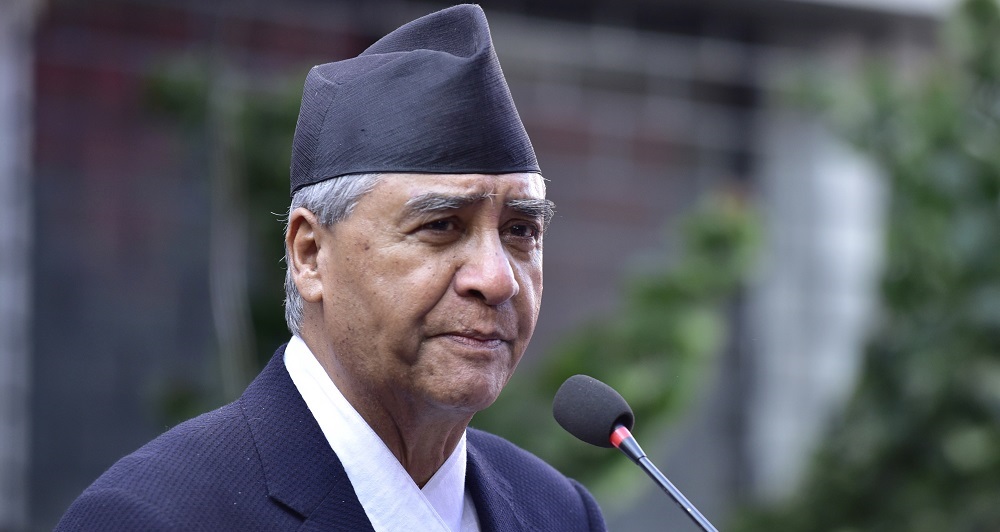

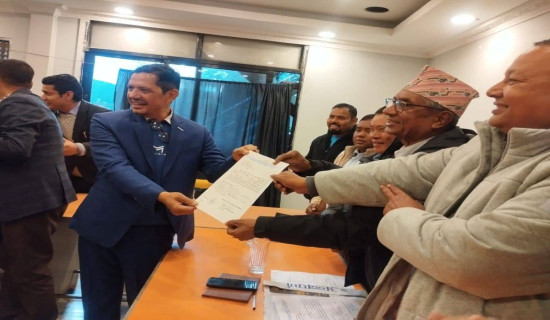
-square-thumb.jpg)

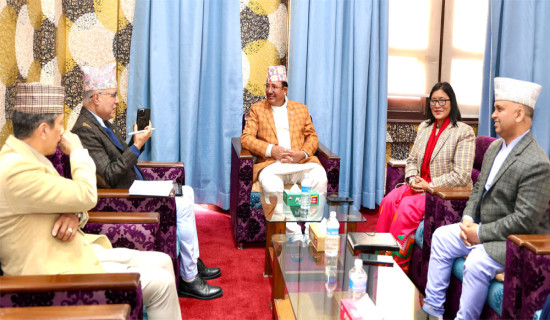

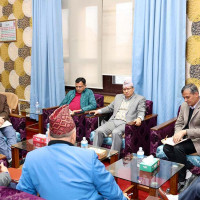
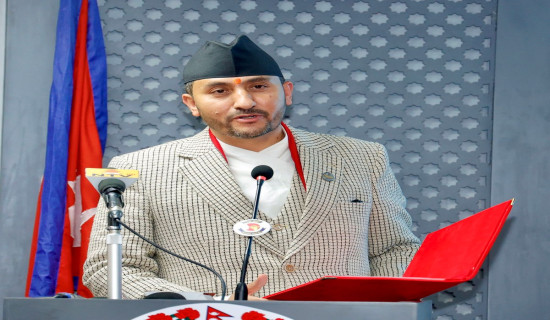
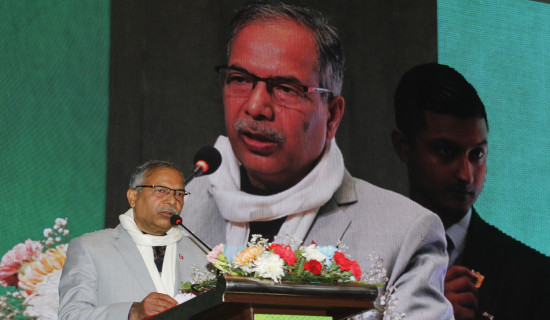
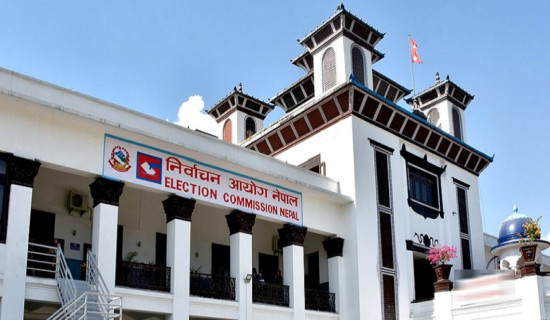


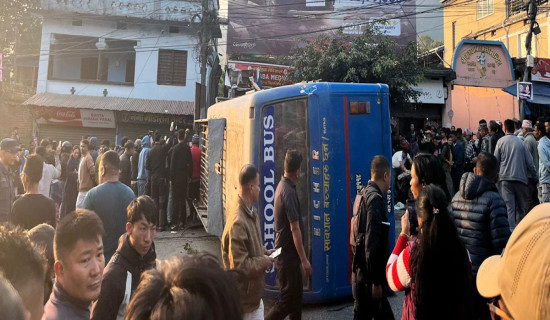
-original-thumb.jpg)